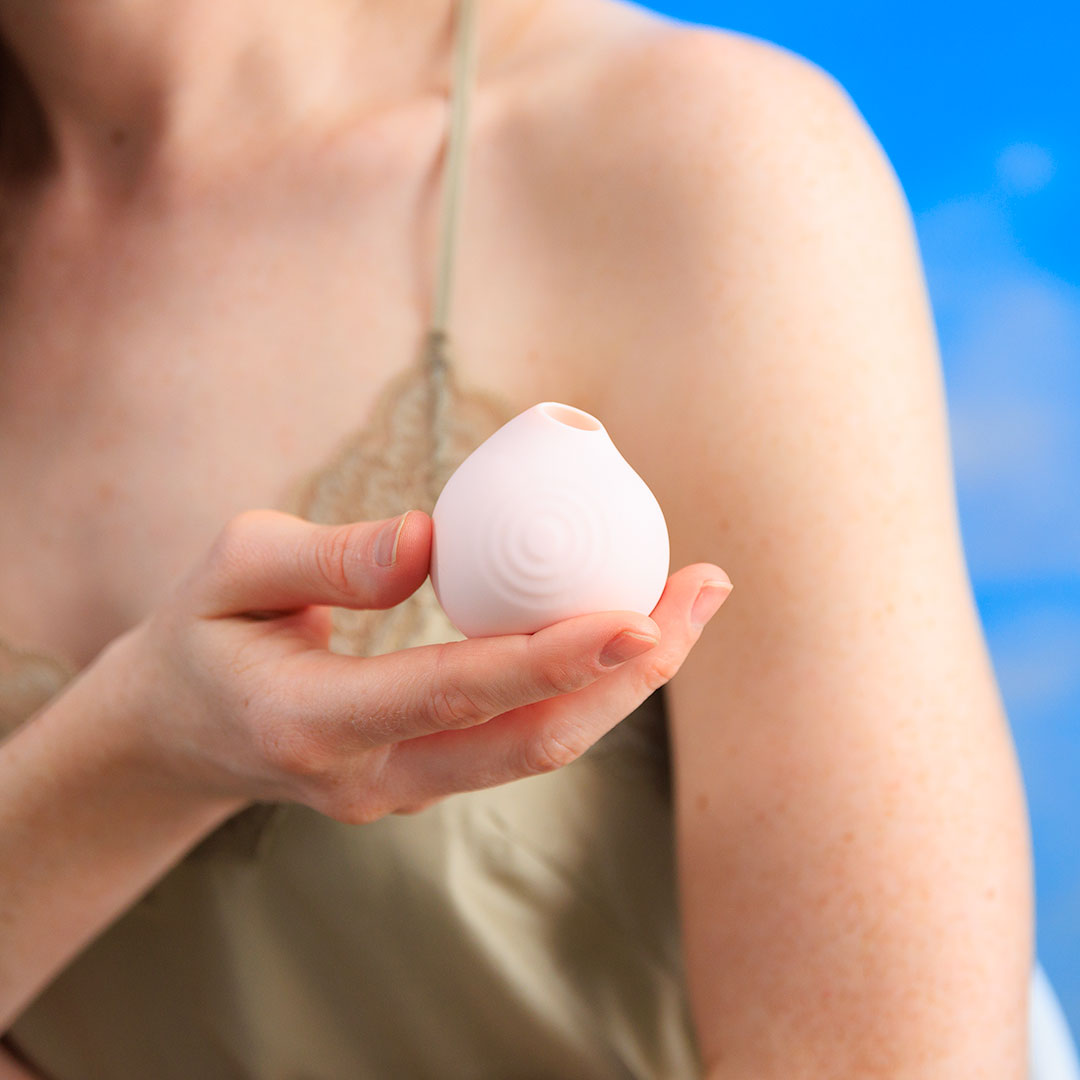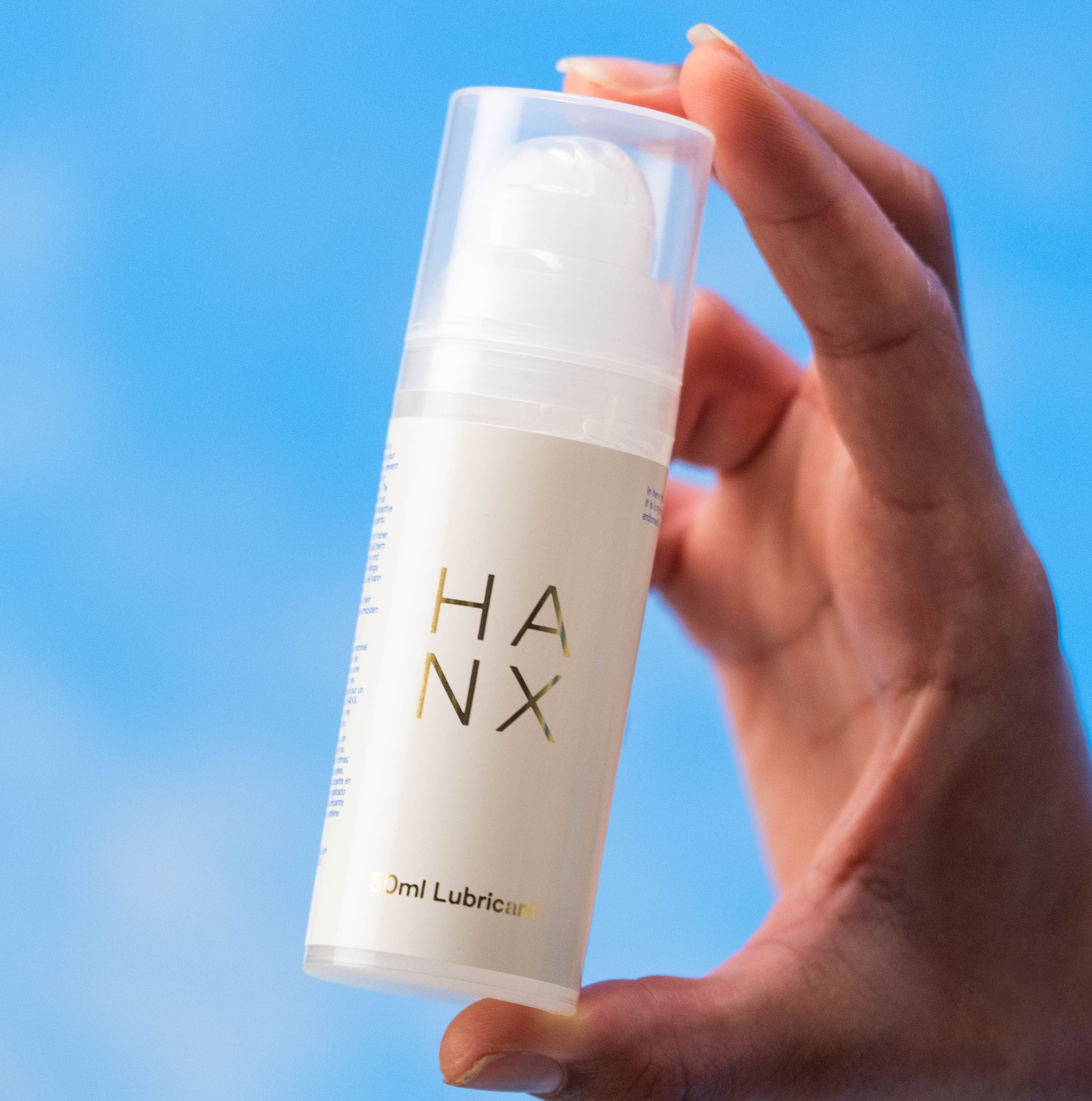Not just PMS: The Reality of Premenstrual Dysphoric Disorder
It’s no secret that there is still such a big stigma surrounding periods, especially if they don’t arrive like clockwork and let you get on with rollerblading, ice skating and anything else tampon commercials would have you doing. The impact menstrual cycle irregularities can have on our health, relationships and wellbeing on a month to month basis aren’t always taken as seriously as they should be. Over to our in-house women's health expert, Dr Sarah Welsh, to chat openly and honestly about a taboo condition that makes menstruation miserable for many... Let's talk about Premenstrual Dysphoric Disorder.
What is PMDD?
Premenstrual dysphoric disorder (PMDD) is a severe form of premenstrual syndrome (PMS) that affects 1 in 20 people who menstruate worldwide. It is estimated that this number is actually way higher but far more are afraid to speak to their GP about their struggles due to the stigma that surrounds menstrual health.
Almost all women will experience some mild premenstrual symptoms the week leading up to their period, whether that be crying at dog videos on TikTok or demolishing a whole bar of Dairy Milk without even realising. But, for some, these symptoms are far more significant. Those with PMDD will experience extreme emotional and physical symptoms in their luteal phase (typically 1-2 weeks before your period) and the symptoms will usually subside a couple days before their period starts.
What are the symptoms of PMDD?
For your GP or health provider to make a diagnosis of PMDD, symptoms must be present only in the week leading up to your period and they must subside within a few days of your period coming on. This is why it can be tricky to get a PMDD diagnosis as the diagnosis is made entirely on the type and timing of the symptoms.
Emotional
- Mood swings
- Feeling upset
- Less interest in activities you used to enjoy
- Hopelessness
- Feeling tense or on edge
- Depression and suicidal thoughts
- Difficulty concentrating
- Feeling overwhelmed
Physical
- Breast tenderness and swelling
- Muscle and joint pain
- Headaches
- Bloating
- Changes in your appetite e.g. overeating or having specific food cravings
- Problems with your sleep
There is a lot of misunderstanding surrounding PMDD and often people go undiagnosed, or worse misdiagnosed. It’s not uncommon for people with PMDD to be incorrectly diagnosed with other mental health conditions such as bipolar disorder.
What causes PMDD?
Since menstrual-related disorders are still incredibly under-researched, doctors are only now starting to look into disorders such as PMDD. Therefore, we're decades behind being able to paint a full picture of the ins and outs of PMDD.
During our luteal phase, both oestrogen and progesterone levels rapidly drop, which in turn leads to a drop in our serotonin levels - serotonin is a chemical messenger our brain releases to keep our mood stabilised. It is believed that PMDD is associated with an extreme sensitivity to these hormonal changes which in turn, causes both the emotional and physical symptoms.
Research has also shown that genetics can play a big part in PMDD, scientific studies were conducted on both identical and non-identical twins who suffered from PMDD and it was found that if one identical twin suffered from PMDD, there was an 46.8% chance that the other twin would also have PMDD.
How is PMDD treated?
There are a number of different treatments for PMDD, but it is definitely not a one size fits all kind of situation. If you are diagnosed with PMDD, you can discuss the different treatment options, think about what you want in your future, and find a treatment that works best for you.
SSRIs (selective serotonin reuptake inhibitors) are a commonly prescribed antidepressant which work by slowly increasing the levels of serotonin in your brain, in turn stabilising your mood. It may be that your doctor recommends you taking them daily throughout the whole month or just during your luteal phase. Typically SSRIs would not be taken on and off, but with PMDD it has been shown to be effective at minimising symptoms.
Oral contraceptives such as the pill may also be prescribed as they may also reduce the symptoms of PMDD by stopping your periods, meaning the dreaded luteal phase will not come. However, each oral contraceptive is different and can affect each person’s hormones differently meaning that certain hormone combinations may work well for one person, but not so wonderfully for others.
In severe cases of PMDD, doctors can administer Gonadotropin releasing hormone (GnRH) analogues, as this can reduce symptoms of PMDD by bringing on a temporary menopause. But, there are some pretty serious side effects such as loss of bone density meaning that the treatment is limited to only 6 months. Another alternative, which is only really offered in extreme cases is the possibility of a total hysterectomy (removal of uterus) which would permanently get rid of PMDD symptoms, but would also mean having to be on hormone replacement therapy for the rest of your life and not being able to get pregnant naturally.
So, what can I do if I think I may have PMDD?
If you’re reading through this and you feel like you’ve had a light-bulb moment, or feel you finally have found something that explains how I’ve been feeling, you might just have reached the first step in making life slightly easier for yourself.
Since a PMDD is so heavily reliant on timings, the best thing for you to do is to begin a symptom tracking diary - look for patterns and track how you’re feeling each day of the month. This way, when you do make an appointment with your GP to discuss the next steps, you can present a clear overview of your symptoms and why you think we might have PMDD.
The only way we can overcome stigmas with menstrual-related disorders is by talking about them, just like you would with any other problem. If you had a broken leg you’d be straight to the hospital, and it shouldn’t be any different with receiving medical care for menstrual-related disorders. Period.
Want more?
- Are there ways to handle PMDD symptoms? From pharmaceutical to lifestyle solutions, here's our guide.
- Curious about PMS? Dr. HANX shares everything you need to know about PMS on Naked Truths.
- Find more advice and support over at The International Association for Premenstrual Disorders.






















